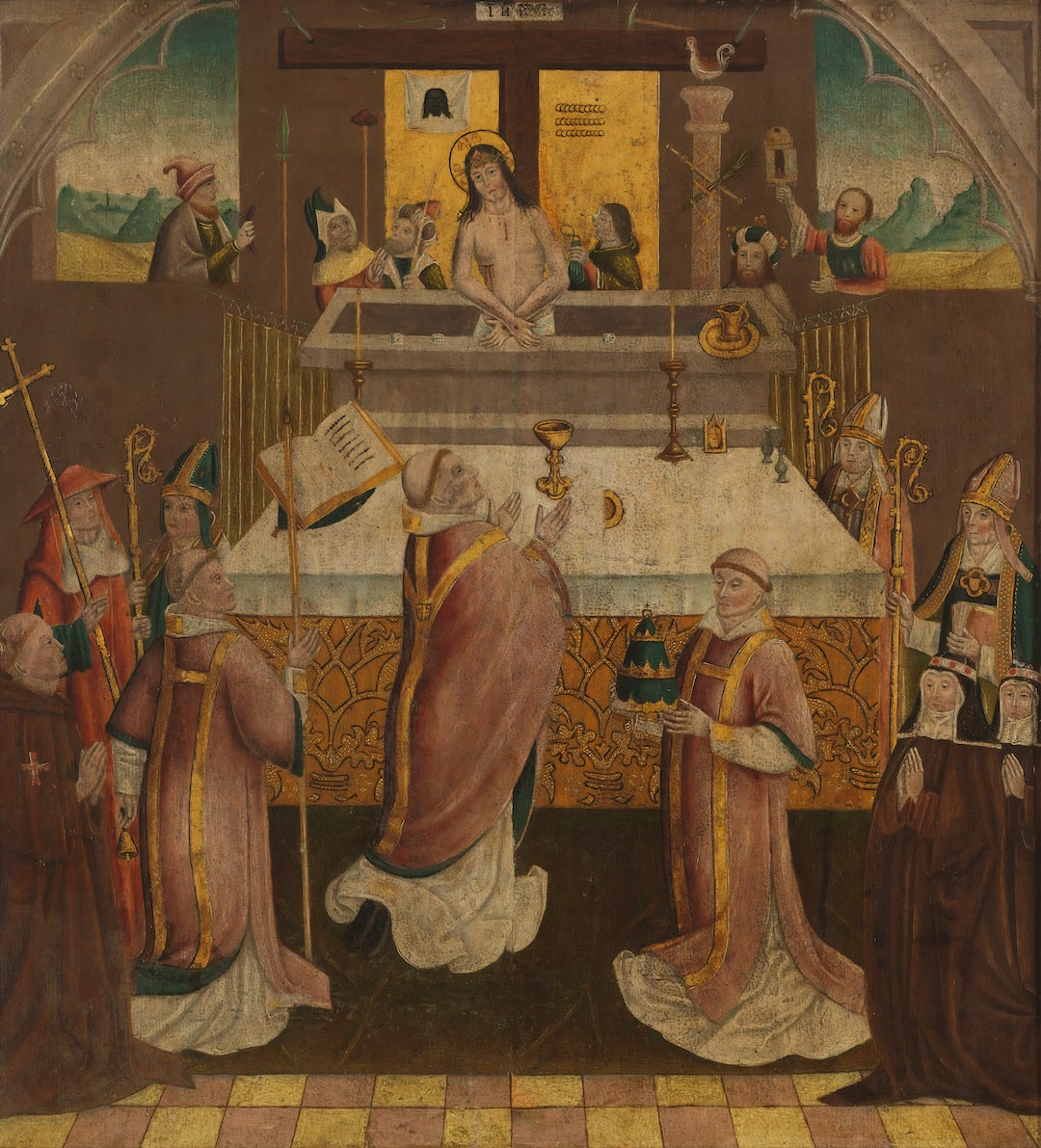The Evolution of Religious Beliefs in Modern Society
Religion has always played a central role in shaping the belief systems and social dynamics of different communities across the globe. For centuries, religious institutions have been pillars of faith, helping individuals find purpose and meaning in their lives. However, in the modern era, religious beliefs have undergone significant transformations due to various factors such as globalization, technological advancements, and changing societal attitudes. This blog post aims to delve into the evolution of religious beliefs in modern society, exploring the shifts in religious practice, decline in traditional religious affiliations, and the rise of alternative spiritualities.
One of the most noticeable changes in religious beliefs in modern society is the decline in traditional religious affiliations. In the past, people generally belonged to a specific religion based on their family background, cultural norms, or societal expectations. However, this trend has dramatically changed as individuals now have the freedom to choose their religious or non-religious identities. The rise of secularism has diminished the influence of religious institutions, with many people rejecting the idea of organized religious practices and favoring individual spirituality instead.
Another factor contributing to the evolution of religious beliefs is the impact of globalization. The interconnectedness facilitated by technology and the ease of travel has led to a greater exposure to diverse cultures and religious practices. As people are exposed to different belief systems, they often adapt and incorporate elements from various religions into their own spiritual journeys. This blending of religious traditions has given rise to syncretic forms of spirituality, where individuals create unique belief systems that align with their personal experiences and beliefs.
Furthermore, the influence of science and technology has played a significant role in challenging traditional religious beliefs. As scientific advancements continue to unravel the mysteries of the universe, some religious tenets are increasingly viewed as outdated and incompatible with scientific understanding. This has led to a growing number of individuals rejecting religious dogma in favor of a more rational and evidence-based worldview. However, it is important to note that not all religious adherents see science and religion as conflicting entities. Many find a way to reconcile their beliefs with scientific discoveries through various interpretations and nuanced understandings.
In addition to the decline in traditional religious affiliations, there has been a rise in alternative spiritualities. This is characterized by the proliferation of New Age practices and the growing popularity of Eastern philosophies, such as Buddhism and mindfulness. These alternative spiritualities often offer a more individualistic approach, emphasizing self-exploration, personal growth, and holistic well-being. Practices like meditation, yoga, and energy healing have gained immense popularity, attracting individuals searching for spiritual fulfillment outside of conventional religious structures.
Moreover, the advent of the internet and social media has transformed the way people engage with religion and spirituality. Online platforms provide access to a treasure trove of information, enabling individuals to explore different belief systems, connect with like-minded individuals, and share their experiences. Furthermore, social media platforms have become virtual communities where people can discuss their spiritual journeys, seek guidance, and find support. This digital connectivity has paved the way for the emergence of virtual religious practices, such as online prayer groups, live-streamed religious services, and virtual religious communities.
In conclusion, the evolution of religious beliefs in modern society is a complex phenomenon influenced by various factors. The decline in traditional religious affiliations, globalization, scientific advancements, and the rise of alternative spiritualities have all contributed to reshaping the religious landscape. As individuals become more autonomous in defining their spiritual identities, the dialogue around religion and spirituality continues to evolve. It is essential to appreciate the diversity of beliefs and recognize the power of personal experiences in shaping individual faith journeys in today’s interconnected world.
